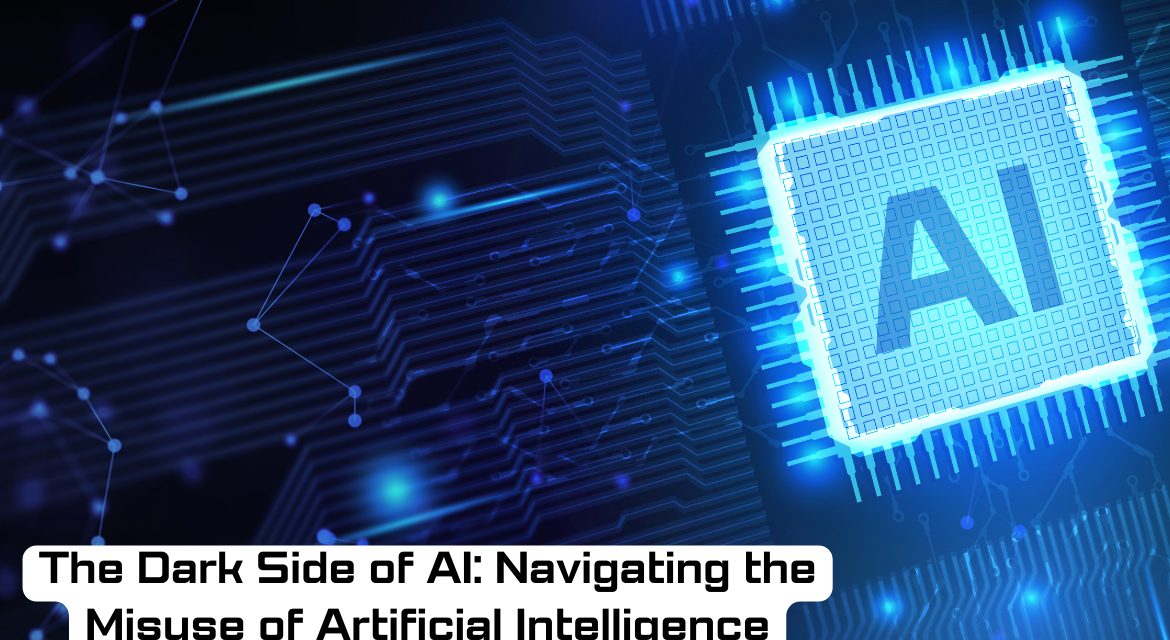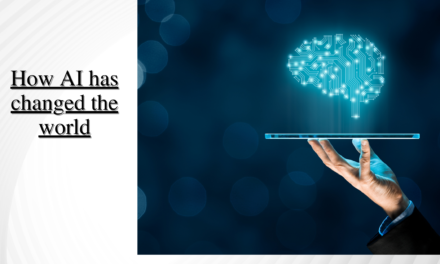The rise of Artificial Intelligence has promised breakthroughs across multiple sectors. However, as with every great instrument, this powerful weapon has a bad side that offers substantial ethical and societal concerns. This article delves into the darker aspects of AI, bringing light on instances where this technology has been abused and the consequences that have resulted.
Deepfakes and Manipulation:
Deepfake creation is one of the most worrying examples of AI misuse. This technique makes use of AI algorithms to create realistic-looking films and audio recordings. While deepfakes may appear to be just digital trickery, the ramifications are far-reaching. These modified media can be used for a variety of harmful objectives, including spreading misinformation and propaganda and impersonating public personalities. The potential harm to human reputations and the degradation of public faith in the legitimacy of digital content are serious repercussions of this type of AI misuse.
Biases in AI Algorithms:
Algorithm biases are a further facet of AI misuse. Biased data may cause AI algorithms to reinforce or worsen preexisting biases. Applications for this phenomenon have been seen in a variety of settings, including facial recognition software that displays racial prejudices and recruiting algorithms that favour particular groups. It will take a concentrated effort to guarantee that AI systems are just and equitable in order to address and correct these biases, which present substantial problems.
AI in Cybersecurity Threats:
AI is becoming more and more useful in combating cyber threats. Cybercriminals use AI to create more sophisticated assaults, such as clever malware and automated phishing campaigns. As AI-driven cyber threats continue to develop rapidly, cybersecurity experts face a constant challenge. What was originally a defensive tool is now a powerful weapon in the hands of people looking to take advantage of holes in digital systems.
Autonomous Weapons and Ethical Dilemmas:
The development and application of autonomous weapons raise a number of difficult ethical issues when AI and the military collide. Artificial intelligence (AI)-driven weapons offer increased accuracy and effectiveness, but there are also worries about the possibility of losing human control, harm to civilians, and escalation of hostilities. The need for moral standards and legal frameworks to stop the improper use of AI during armed conflicts is a problem that the international community is trying to resolve.
AI in Surveillance and Privacy Invasion:
Privacy invasion is a major worry with the increasing usage of AI in monitoring systems. AI-driven technologies are used by businesses and governments to monitor people on a never-before-seen level. Without their knowledge or consent, full profiles of certain people can be created using facial recognition, predictive analytics, and data mining skills. It is getting harder and harder to strike a compromise between personal privacy and public safety in the era of pervasive AI surveillance.
In conclusion, even though artificial intelligence (AI) has a lot of potential applications, responsible technology advancement requires that we recognise and minimise its misuse. Legislative actions, continuing public debate, and ethical concerns are all necessary components of a multipronged strategy to tackle AI’s negative aspects. To ensure a future where technology helps humans responsibly and ethically, it is imperative to comprehend the darker aspects of AI as society continues to negotiate its intricacies.





